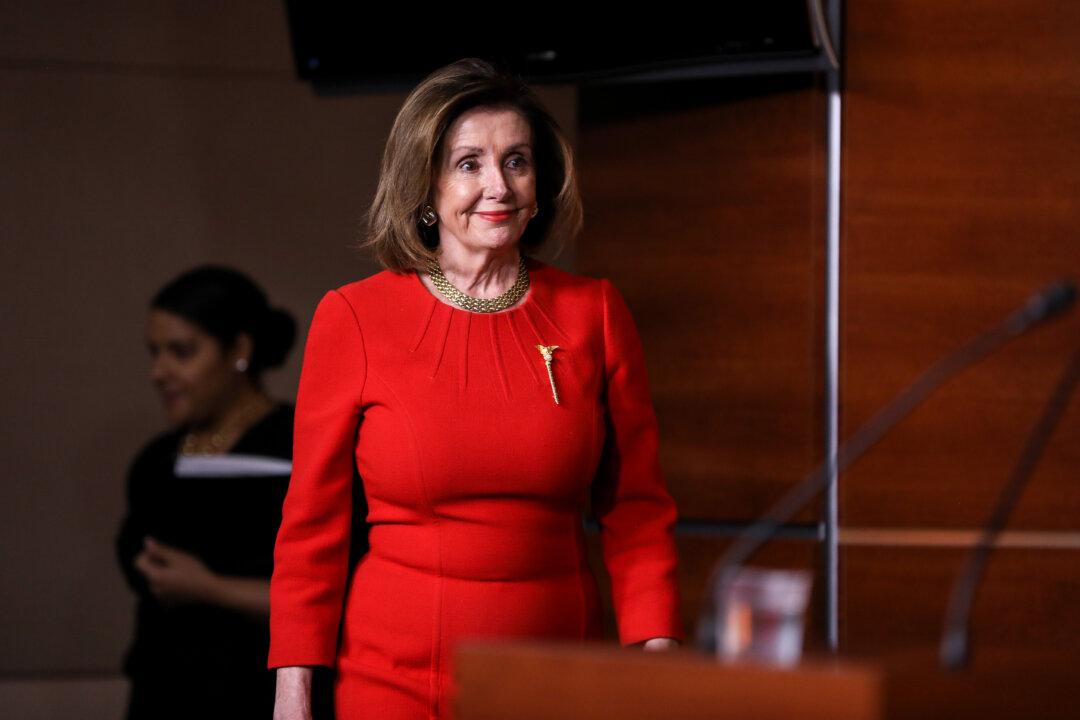House Speaker Nancy Pelosi (D-Calif.) and Treasury Secretary Steven Mnuchin said they’re close to an agreement on providing more aid during the CCP virus pandemic, including infusing a small-business relief fund with more cash after it ran out of money last week.
Last week, the Paycheck Protection Program (PPP), which was included under the landmark $2.2 trillion deal passed by Congress to offset losses during the pandemic, exhausted its initial reserves. This prompted calls from Republicans to pass another measure to fund it, but neither the House nor the Senate made much progress last week before adjourning for the weekend.





